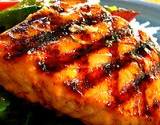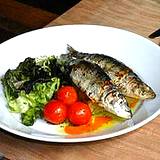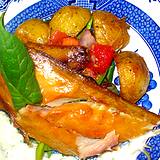|
Grandma's Coenzyme Q10 Antioxidant GuideResearch in Japan has shown that Coenzyme Q10 (also known as Co Q10) also protects the stomach lining and duodenum, and may help heal duodenal ulcers. The amount of Co Q10 present in the body declines with age, so Co Q10 should be supplemented in the diet, especially by people over the age of fifty. A sublingual form containing 50 milligrams of this vital nutrient. Coenzyme Q10 is a vitamin like substance whose actions in the body resemble those of Vitamin E. It may be an even more powerful antioxidant. It is also called ubiquinone. There are ten common substances designated coenzyme Qs, but coenzyme Q10 is the only one found in human tissue. This substance plays a critical role in the production of energy in every cell of the body. Additional benefits of Co Q10 are:
Deficiencies of Co Q10 have been linked to periodontal disease, diabetes, and muscular dystrophy.
More Benefits of Coenzyme Q10Research has revealed that supplemental Coenzyme Q10 has the ability to counter histamine, and therefore is beneficial for people with allergies, asthma, or respiratory disease. Many health care professionals to treat anomalies of mental functions such as those associated with schizophrenia and Alzheimer's disease use Co Q10. It is also beneficial in fighting obesity, candidacies, multiple sclerosis, and diabetes. Coenzyme Q10 appears to be a giant step forward in the treatment and prevention of cardiovascular disease. A six-year study conducted by scientists at the University of Texas found that people being treated for congestive heart failure who took Co Q10 in addition to conventional therapy had a 75-percent chance of survival rate for three years, compared with a 25-percent survival rate for those using conventional therapy alone. In a similar study by the University of Texas and the Center for Adult Diseases in Japan, Co Q10 was shown to be able to lower high blood pressure without medication or dietary changes.
Natural Food Sources with Co Q10Foods High in Co Q10
Comments Coenzyme Q10 is oil soluble and is best absorbed when taken with oily or fatty foods, such as fish. Be cautious when purchasing this nutrient. Not all products offer it in its purest form. Its natural color is dark bright yellow to orange, and it has very little taste in the powdered form. It should be kept away from heat and light. Pure Co Q10 is perishable and deteriorates in temperatures above 115 degrees F. a liquid or oil form is preferable.
|








